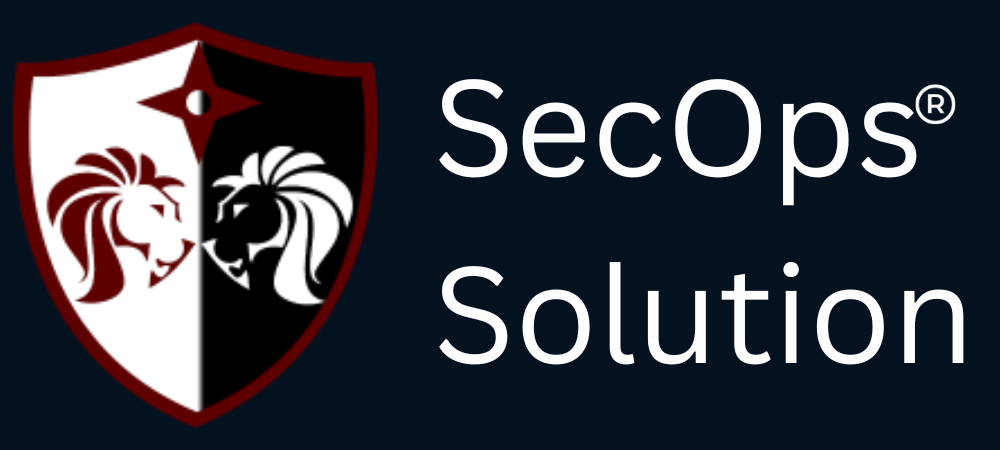Third-party vendors play an essential role in the operations of many organizations. They provide a wide range of services, from IT support to customer service. However, third-party vendors can also pose a significant security risk. If a vendor's systems are compromised, it could lead to a data breach or other security incident.
In this blog, we will explore best practices for securing third-party vendors, including vendor assessment, contract management, ongoing monitoring, and incident response. By following these practices, organizations can establish a strong foundation for vendor risk management and safeguard their data, systems, and reputation.
Vendor Assessment
- Identify Critical Vendors: Determine which vendors have access to sensitive data or systems and prioritize them for assessment.
- Conduct Due Diligence: Perform thorough assessments of potential vendors before engaging in a partnership. Evaluate their security practices, compliance with regulations, and track record of security incidents.
- Establish Assessment Criteria: Develop a comprehensive set of criteria to evaluate vendors, including security controls, incident response capabilities, data protection measures, and business continuity plans.
- Onsite Audits: Consider conducting onsite audits for high-risk vendors to validate their security measures and assess their physical security controls.
Contract Management
- Security Requirements: Incorporate specific security requirements into vendor contracts. This should include data protection measures, incident reporting obligations, and liability for breaches.
- Service Level Agreements (SLAs): Define clear expectations for security performance, response times, and incident resolution in SLAs.
- Confidentiality and Data Handling: Ensure vendors have proper controls in place to protect confidential information and define requirements for data handling, encryption, and retention.
- Right to Audit: Include provisions that grant the organization the right to perform periodic security audits to verify compliance with agreed-upon security standards.
Ongoing Monitoring
- Vendor Performance Reviews: Regularly evaluate vendors' security performance to ensure continued adherence to established standards.
- Incident Reporting: Require vendors to promptly report any security incidents or data breaches to the organization.
- Vendor Change Management: Stay informed about any changes to vendors' infrastructure, personnel, or security practices that may impact the risk landscape.
- Vulnerability Management: Encourage vendors to implement robust vulnerability management processes and promptly address identified vulnerabilities.
Incident Response
- Incident Escalation and Communication: Establish clear lines of communication and incident escalation procedures with vendors to ensure timely response and resolution.
- Incident Coordination: Define roles and responsibilities for both the organization and the vendor in the event of a security incident to facilitate effective collaboration.
- Business Continuity Planning: Ensure vendors have robust business continuity and disaster recovery plans in place to minimize disruptions in the event of an incident.
- Lessons Learned and Remediation: Conduct post-incident reviews to identify root causes, implement necessary remediation measures, and enhance future incident response capabilities.
Conclusion
Securing third-party vendors is crucial for organizations to mitigate potential security risks and protect their data, systems, and reputation. By implementing best practices for vendor risk management, including thorough vendor assessments, robust contract management, ongoing monitoring, and effective incident response, organizations can establish a strong framework for securing their third-party partnerships.
A proactive approach to vendor risk management not only helps minimize the likelihood and impact of security incidents but also builds trust with customers, stakeholders, and regulatory authorities. By prioritizing vendor risk management, organizations can safeguard their assets and maintain the resilience needed to thrive in today's interconnected business environment.
SecOps Solution is an award-winning agent-less Full-stack Vulnerability and Patch Management Platform that helps organizations identify, prioritize and remediate security vulnerabilities and misconfigurations in seconds.
To schedule a demo, just pick a slot that is most convenient for you.


.jpg)